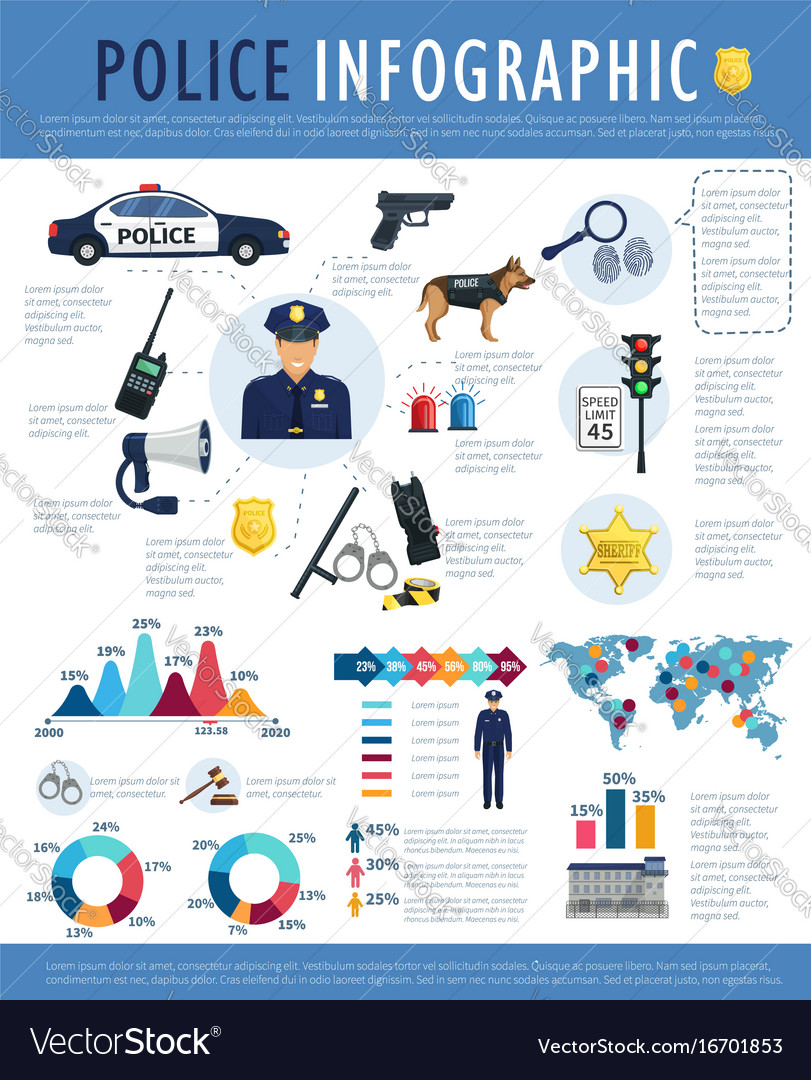Unveiling The Psychology Of Clerical Crooks: Behind The Curtains
Unveiling The Psychology Of Clerical Crooks: Behind The Curtains
Blog Article
Content By-Roach Stentoft
Did you recognize that behind the polished appearance of white collar criminals exists a complicated web of psychological inspirations? While several might presume that these individuals are driven solely by greed, the reality is even more interesting.
Delving into the minds of clerical bad guys discloses a remarkable mix of personality type, social factors, and hidden needs that contribute to their immoral activities. Comprehending the psychology behind these criminal offenses not just sheds light on the inspirations behind them, yet also raises extensive inquiries regarding our own susceptability to temptation.
So, what makes these individuals tick? Join look at here now as we explore the fascinating world of clerical wrongdoers and uncover the detailed workings of their minds.
Motivations for Clerical Crimes
Clerical lawbreakers are inspired by numerous elements that drive them to engage in illegal tasks for individual gain.
One of the primary motivations for these individuals is monetary greed. They're willing to damage the law in order to build up riches and keep a lush lifestyle.
The need for power and standing is one more considerable incentive for white collar wrongdoers. They think that taking part in prohibited tasks will raise their social standing and give them a sense of prominence and control.
Furthermore, some clerical lawbreakers are inspired by a sense of entitlement. They think that they are worthy of greater than what they have actually and are willing to go across honest borders to achieve their wanted degree of success.
Inevitably, these motivations add to the high frequency of clerical criminal activities in society.
Psychological Traits of White Collar Criminals
As we explore the mental traits of people associated with clerical crimes, it becomes noticeable that their motivations for participating in unlawful activities are deeply linked with their character features and mindset.
White collar offenders often exhibit certain mental qualities that add to their participation in deceptive or deceiving actions. One such quality is a heightened feeling of entitlement. These people often believe that they are worthy of more than what they have, leading them to participate in unlawful tasks to get riches or standing.
Furthermore, white collar criminals tend to possess a high degree of vanity. They have a filled with air sense of self-importance, do not have empathy for others, and are driven by a desire for adoration and acknowledgment.
Finally, they commonly show a tendency for risk-taking, as they believe they can outmaneuver the system and prevent discovery.
Recognizing these emotional attributes can give beneficial insights into the mindset of white collar criminals and aid in the growth of efficient avoidance and treatment strategies.
Social Effect of White Collar Crimes
The influence of white collar criminal offenses on culture is far-ranging and complex. These criminal offenses have substantial repercussions that expand past the people straight involved. Below are 4 ways in which clerical criminal offenses influence culture:
- ** Economic damage **: White collar criminal offenses can result in financial losses for individuals, businesses, and even entire economic situations. These criminal activities can disrupt markets, threaten capitalist confidence, and result in job losses.
- ** Depend on disintegration **: Clerical crimes wear down trust in establishments and people. When https://www.freep.com/story/news/politics/2022/08/09/attorney-general-candidate-deperno-probe/10267395002/ witness high-level professionals taking part in illegal activities, it lessens their faith in the system and can bring about a general skepticism in the direction of authority.
- ** Social inequality **: White collar crimes typically target vulnerable people or communities, intensifying existing social inequalities. These crimes can widen the gap in between the abundant and the inadequate and perpetuate systemic injustice.
- ** Legal and regulatory modifications **: White collar criminal offenses trigger the implementation of stricter legislations and regulations. Culture often reacts to these criminal offenses by enacting actions to prevent similar cases in the future, guaranteeing higher responsibility and transparency.
The social impact of clerical criminal offenses can not be underestimated, as it influences people, areas, and the total fabric of culture.
Conclusion
In conclusion, the psychology behind clerical bad guys discloses a complicated internet of inspirations and characteristics. These individuals are driven by greed, power, and a sense of privilege, which can have significant repercussions for culture.
It is very important to remember that not all criminal offenses are devoted by those we may commonly associate with criminal actions. As the stating goes, 'the wolf in sheep's clothing,' reminds us to stay alert and doubt real purposes of those around us.
